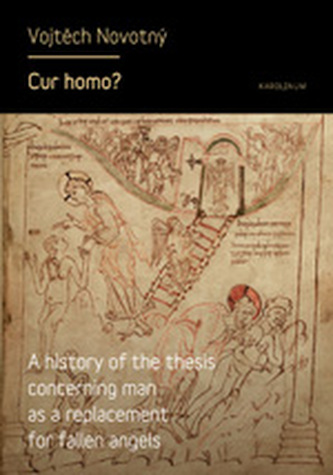Cur homo?
18
%
233 Kč 285 Kč
Sleva až 70% u třetiny knih
This monograph has set itself the goal to examine, outline, elucidate, and supplement the existing body of knowledge concerning a theme from patristic and medieval theology recalled in 1953 by Marie-Dominique Chenu, and that is the assertion that man was created as a replacement for fallen angels (Yves Congar: créature de remplacement; Louis Bouyer: ange de remplacement). The study first shows that the idea of man having being created to take the place of fallen angels was introduced by St. Augustine and developed by other church fathers. It then identifies the typical contexts in which the subject was raised by authors of the early Middle Ages, but goes on to focus on the discussion that developed during the twelfth century (Anselm of Canterbury, the school of Laon, Rupert of Deutz, Honorius of Autun), which represents the high point of the theme under investigation, culminating in the assertion that man is an 'original' being, created for its own sake, for whom God created the world – a world which together with, and through, man is destined for the heavenly Jerusalem. The question as to whether man would have been created if the angels had not sinned (cur homo) bears a clear similarity to a further controversy, the origins of which also go back to the twelfth century, and that is whether the Son of God would have become incarnate if man had not sinned (cur Deus homo). Next, the book sheds light on how the subject begins to gradually fade away through the twelfth and thirteenth centuries, both within monastic tradition, which nonetheless held onto Augustine's motif, and within scholastic theology, which asserted that man was created for his own sake. The conclusion summarizes the findings and points to the surprisingly contemporary relevance of the foregoing reflections, particularly in relation to the critique that the Swiss philosopher and theologian Romano Amerio († 1997) offers concerning a statement in the pastoral constitution of the Second Vatican Council (Gaudium et spes 24), according to which man is 'the only creature on earth that God willed for itself'.
| Nakladatel: | Univerzita Karlova |
| Rok vydání: | 2014 |
| Jazyk : | Angličtina |
| Vazba: | brožovaná |
| Počet stran: | 184 |
| Zařazení: | monografie • křesťanská filozofie • biblická teologie • křesťanská teologie • člověk • stvoření člověka • teologická antropologie |
Mohlo by se vám také líbit..
-

Maturita Solutions 2nd Edition Interm...
Tim Falla; P.A. Davies
-

Maturita Solution Elementary Student...
Tim Falla; P.A. Davies
-

Angličtina pro jazykové školy I.
Stella Nangonová
-
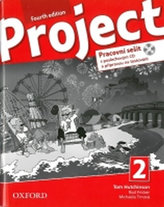
Project Fourth Edition 2 Pracovní seš...
Hutchinson, T.; Hardy-Gould, J.; Trnová,
-

Angličtina Otázky a odpovědi
Gabrielle Smith-Dluhá
-
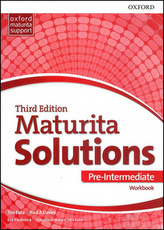
Maturita Solutions 3rd Edition Pre-In...
-

Oxford Maturita Excellence Z: Příprav...
E. Paulerová
-

Angličtina pro jazykové školy II.
Stella Nangonová
-

Angličtina nejen pro samouky
Eva Tandlichová
-

Angličtina pro jazykové školy I.
Jaroslav Peprník
-
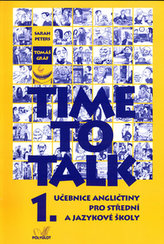
Time to Talk 1.
Sarah Peters
-

Project Fourth Edition 4 Workbook wit...
Hutchinson Tom
-
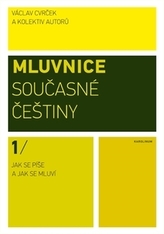
Mluvnice současné češtiny I. Jak se p...
-
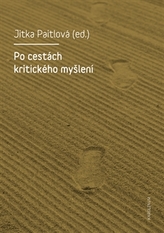
Po cestách kritického myšlení
-
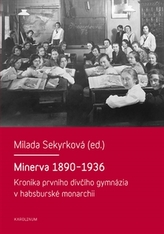
Minerva 1890-1936
Milada Sekyrková
-
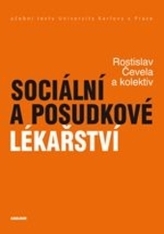
Sociální a posudkové lékařství




